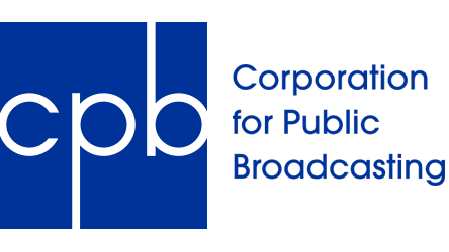Political landscape for mergers has changed in U.S.
This failed merger cost AT&T a lot. Deutsche Telekom, the owner of T-Mobile in the United States, will get the entire $3 billion fee AT&T is paying for the merger bailout, but T-Mobile will end up with spectrum in 128 U.S. markets — a dozen in the Top 20, according to PhoneScoop, the telco industry website.
Also, T-Mobile also gets a roaming agreement with AT&T for the failed merger attempt, thwarted by antitrust concerns and lack of support from the FCC and Justice Department. The move leaves T-Mobile, the weaker partner, in a better position — though not a great one — to continue in the wireless business.
However, the whole expensive episode proves that major mergers — ones like Comcast and NBC of the year before — are not so easy to pull off anymore. It also appears to have caught both companies off guard.
After AT&T abandoned the $39 billion merger attempt earlier this week, T-Mobile's executives had little to say about their future. "There's no Plan B," said Andreas Fuchs, a spokesman for Deutsche Telekom. "We're back at the starting point."
Even industry analysts had no predictions about the future. "T-Mobile is probably going to be profoundly damaged by this," Tero Kuittinen, a senior analyst at M.G.I. Research, told the New York Times. "They should have done some strategic rethinking instead of chasing this mirage, this dream of a merger. Now they've lost a lot of time."
Failure of the merger comes at a time when the Obama administration is getting tougher about such matters. AT&T's effort in Washington was led by Jim Cicconi, senior executive vice president, who misjudged the regulatory atmosphere, Craig Aaron, president of policy group Free Press, told Bloomberg News.
"AT&T thought it could get it done simply because of its political clout," Aaron said. "After years and years, there didn't seem to be such a thing as antitrust enforcement any more. But now it's clear, for some deals, there is."
The professional video industry's #1 source for news, trends and product and tech information. Sign up below.
Bloomberg reported that AT&T spent $16 million lobbying in the first nine months this year and gave $1.7 million in 2011 to federal candidate and political parties. The lobbying fees are more than in all of 2010 and exceeding every corporation except General Electric and ConocoPhillips, according to the Center for Responsive politics, a Washington-based research group.
"This shows that future deals can't expect a rubber stamp," Aaron continued. "It sets an important precedent that the most egregious deals can't be pushed through with campaign cash and the endorsement of balloon enthusiasts."
Some analysts at first thought that T-Mobile might pursue a partnership with another wireless carrier, or perhaps the satellite TV operator Dish, which had expressed interest if the deal with AT&T did not go through. But now such speculation has died down.
Short of another merger, T-Mobile's future as a small wireless player seems assured. "Both companies will have to go back and lick their respective wounds and consider their options," Craig Moffett, a research analyst with Sanford C. Bernstein & Company, told the Times.
